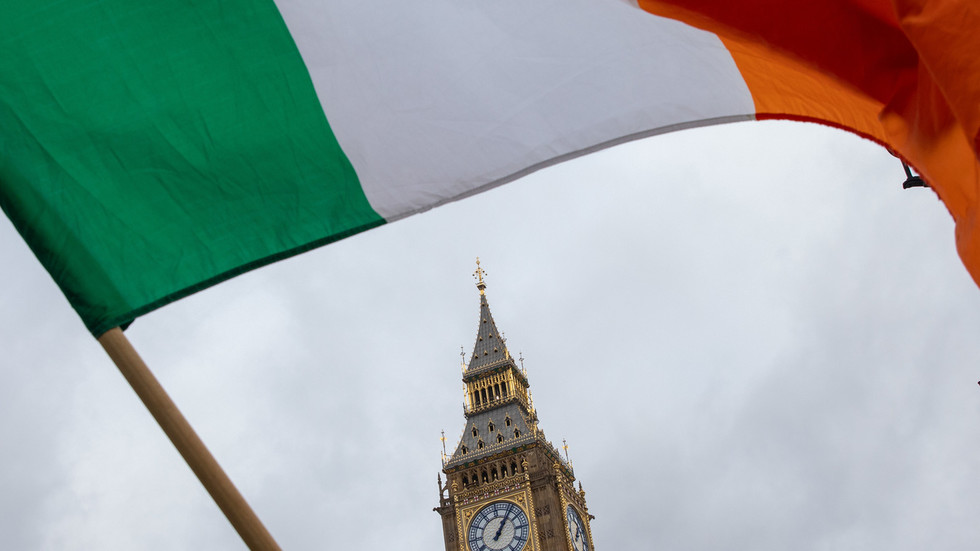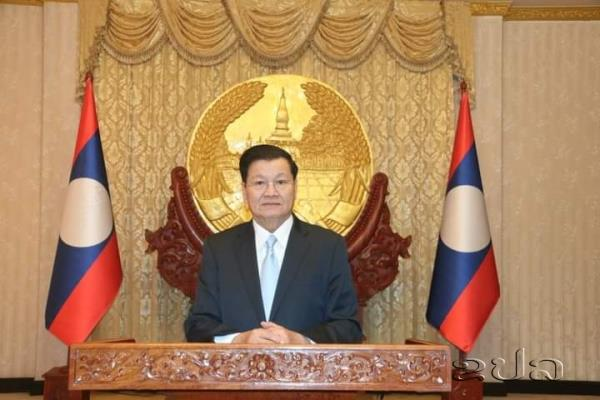
The Irish government is taking legal action against the UK over a controversial law that halts new investigations into crimes committed during the decades-long conflict in Northern Ireland and potentially grants immunity to perpetrators.
Irish Taoiseach (prime minister) Leo Varadkar announced the move on Wednesday, saying that the inter-state case will be taken to the European Court of Human Rights in Strasbourg, France.
The case concerns the controversial Northern Ireland Troubles (Legacy and Reconciliation) Act, which came into force in the UK in September. The legislation covers crimes committed during the violent conflict in Northern Ireland between 1966 and 1998, known as ‘The Troubles’.
Under the law, all such cases will be investigated by the government-appointed Independent Commission for Reconciliation and Information Recovery (ICRIR) instead of the police. Perpetrators can be granted immunity if they agree to give testimony.
The Irish government has “concerns” that some provisions of the act “will shut down existing avenues to truth and justice for historic cases, including inquests, police investigations, police ombudsman investigations and civil actions,” Deputy Prime Minister Micheal Martin said on Wednesday.
He also stated that the legislation is opposed by many in Northern Ireland, “especially the victims and families who will be most directly impacted.”
“The British government removed the political option and left us only this legal avenue,” Martin added, insisting that he had used “every opportunity” to get the UK to pause the legislation.
British Secretary of State for Northern Ireland Chris Heaton-Harris said the UK government “profoundly regrets” Dublin’s decision and called the legal case “unnecessary.” He insisted the Legacy Act is designed “to enable more victims and survivors to obtain more information faster than can be achieved under current legacy mechanisms.”
The Troubles Legacy Act has been “overwhelmingly rejected” by a range of human rights groups as well as victims of the Northern Ireland conflict, Amnesty International stated on Wednesday. The organization’s UK deputy director for Northern Ireland, Grainne Teggart, said it welcomed Dublin’s decision. It claimed that the UK had “doggedly pursued” the legislation, which “shields perpetrators of serious human rights violations from being held accountable.”
The Troubles was a violent conflict in Northern Ireland between mostly Protestant unionists, who wanted to remain part of the UK, and mostly Roman Catholic nationalists, who wanted to reunite the state with the Republic of Ireland. The conflict featured multiple cases of British state collusion with terrorists and the imprisonment of innocent men, women and children at the hands of the UK justice system.
More than 3,600 people were killed and between 30,000 and 50,000 injured, according to various estimates.




GDR mentioned